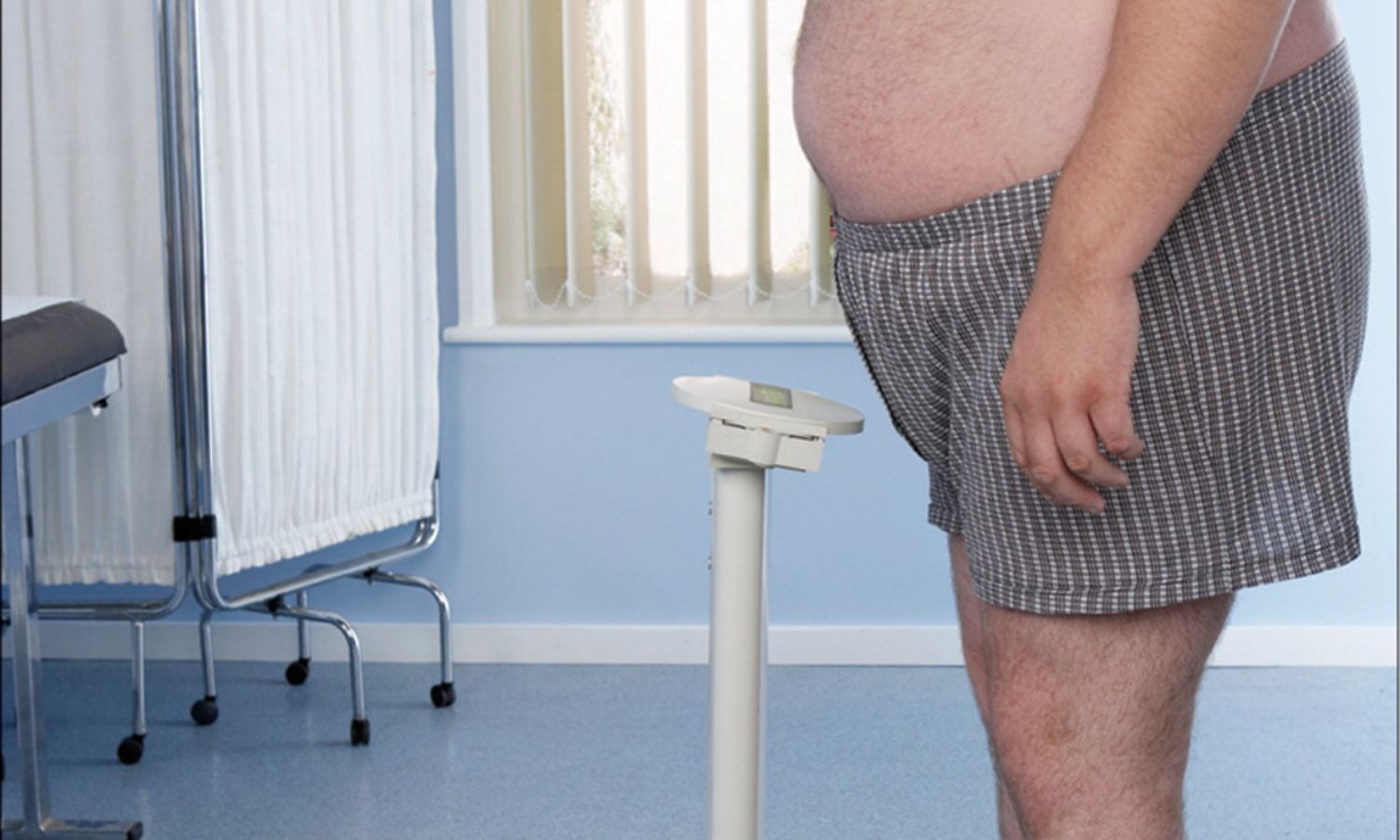August 07, 2025
5 min read
Key takeaways:
- HHS has canceled almost $500 million in funding for mRNA vaccine projects, citing safety and efficacy concerns.
- Messenger RNA vaccines are safe and effective, according to the CDC.
The decision to cancel almost $500 million dollars in U.S. funding for the development of messenger RNA vaccines is dangerous, shortsighted and tarnishes the legacy of a scientific advancement that saved millions of lives, experts said.
HHS announced Tuesday that it was winding down nearly two dozen mRNA vaccine development efforts under the Center for the Biomedical Advanced Research and Development Authority (BARDA), which is responsible for medical countermeasures that can address, among other things, pandemics and emerging diseases like COVID-19.

HHS has terminated nearly $500 million in projects to develop messenger RNA vaccines. Image: Adobe Stock
In a statement announcing the decision, HHS Secretary Robert F. Kennedy Jr. called into question the safety and effectiveness of mRNA vaccines, contradicting an abundance of data that show they are safe and effective and disagreeing with his own CDC, which notes that hundreds of millions of people have received one of the vaccines “under the most intense safety monitoring in U.S. history.”
“BARDA is terminating 22 mRNA vaccine development investments because the data show these vaccines fail to protect effectively against upper respiratory infections like COVID and flu,” Kennedy said in a press release. “We’re shifting that funding toward safer, broader vaccine platforms that remain effective even as viruses mutate.”
‘Perplexing’
Discovered decades before the COVID-19 pandemic began, mRNA technology is flexible, cheaper and more conducive to rapid vaccine production compared with other platforms, experts have argued, allowing manufacturers to make more doses in a shorter period of time.
The mRNA vaccines that were deployed within a year of the start of the COVID-19 pandemic were developed in record-setting time under Operation Warp Speed, the U.S. government’s multibillion dollar endeavor to accelerate the production and distribution of COVID-19 vaccines and treatments.
The vaccines were credited with saving tens of millions of lives in the first year of the pandemic alone, and two scientists won a Nobel Prize for their mRNA-related discoveries.
Despite these successes, mRNA vaccines have come under increased federal scrutiny since Kennedy took over HHS. The health secretary and other top health officials have been critical of mRNA technology, and most of the new members that Kennedy appointed to the committee that advises the CDC on vaccine recommendations have publicly doubted the safety and effectiveness of mRNA vaccines.
Jeff Coller, PhD, the Bloomberg Distinguished Professor of RNA Biology and Therapeutics at Johns Hopkins University, said he was confounded by the decision to scuttle federal mRNA funding.
“It was the leadership of President Donald J. Trump during his first administration that ushered in this new age of medicine, which was mRNA, and Operation Warp Speed saved millions of lives,” Coller told Healio. “It’s perplexing to me why President Trump is allowing Sec. Kennedy to undermine his legacy in leading a medical intervention that really did save millions of lives.”
According to HHS, the wind-down includes terminating contracts with Emory University and Tiba Biotech; de-scoping mRNA-related work in existing contracts with Luminary Labs, ModeX and Seqirus; rejecting or canceling multiple pre-award solicitations from Pfizer, Sanofi Pasteur, CSL Seqirus, Gritstone and others that are involved with BARDA’s Rapid Response Partnership Vehicle and VITAL Hub; and restructuring collaborations with the Department of Defense’s Joint Program Executive Office that will affect nucleic acid-based vaccine projects with AAHI, AstraZeneca, HDT Bio and Moderna/UTMB.
Additionally, HHS instructed the Global Health Investment Corporation, which manages BARDA projects, to “cease all mRNA-based equity investments,” although the department noted that there are “other uses of mRNA technology” that are not impacted by the announcement.”
‘Mostly misinformation’
Myocarditis and pericarditis have been reported among people who received COVID-19 mRNA vaccines, but the incidence of either is low after vaccination, according to the CDC. The FDA earlier this year asked vaccine makers to expand warning labels on their COVID-19 shots to include the age range when the risk for myocarditis or pericarditis is at its highest for young men.
Amesh A. Adalja, MD, senior scholar at the Johns Hopkins Center for Health Security, said the claim that mRNA vaccines are unsafe is “mostly misinformation and exaggerated claims, with the caveat about myocarditis, which is not really an issue in the current era.”
In his statement, Kennedy also criticized the vaccines for not being protective against infection, “but that’s not the primary purpose of the COVID-19 vaccines,” Adalja told Healio.
“The primary purpose of the COVID-19 vaccines was to prevent severe disease, hospitalization and death,” he said. “I think they are using a standard that really isn’t correct when judging the value of vaccines. While it’s true that vaccinated people become susceptible to infection, it’s not the case that the vaccines have zero value because of that. … It’s disingenuous to judge their value based on that criteria, which was not the primary purpose.”
‘Disturbing and reckless’
As a technology, mRNA’s potential extends beyond COVID-19 vaccines. There is already an approved mRNA vaccine for respiratory syncytial virus, and scientists have increasingly looked to the technology as a potential answer to other human diseases.
One potential target is a bird flu vaccine, but that now seems even more unlikely, especially since HHS earlier this year canceled nearly $800 million in funding promised to Moderna to develop pandemic influenza vaccines, including the company’s H5 avian influenza candidate.
Coller said mRNA is also being explored to address conditions as diverse as cancer, cystic fibrosis and rare pediatric conditions.
“I think it is a very disturbing and reckless decision from Sec. Kennedy,” he said.
In a statement, Infectious Diseases Society of America president Tina Tan, MD, FIDSA, FPIDS, FAAP, noted the proven safety and effectiveness of mRNA vaccines, and the vast potential of the technology, while asking the administration to change its mind.
“Halting promising research that is already underway wastes taxpayer dollars and prohibits the scientific progress that Americans depend upon to keep us healthy during routine respiratory virus season and future outbreaks and pandemics,” Tan said. “IDSA implores HHS to maintain America’s leadership in vaccine research.”
References:
- BARDA. About BARDA. https://medicalcountermeasures.gov/barda. Accessed Aug. 6, 2025.
- CDC. COVID-19 vaccine basics. https://www.cdc.gov/covid/vaccines/how-they-work.html. Updated Sept. 3, 2024. Accessed Aug. 6, 2025.
- CDC. Understanding how COVID-19 vaccines work. https://www.cdc.gov/covid/vaccines/how-they-work.html. Updated Sept. 3, 2024. Accessed Aug. 6, 2025.
- HHS. HHS winds down mRNA vaccine development under BARDA. https://www.hhs.gov/press-room/hhs-winds-down-mrna-development-under-barda.html. Published Aug. 5, 2025. Accessed Aug. 6, 2025.
- IDSA. HHS needs to maintain America’s leadership in vaccine research. https://www.idsociety.org/news–publications-new/articles/2025/hhs-needs-to-maintain-americas-leadership-in-vaccine-research/. Published Aug. 6, 2025. Accessed Aug. 6, 2025.
- Lalani HS, et al. BMJ. 2023;doi:10.1136/bmj-2022-073747.
For more information:
Amesh A. Adalja, MD, can be contacted at aadalja1@jhu.edu.
Jeff Coller, PhD, can be contacted at jmcoller@jhmi.edu.










